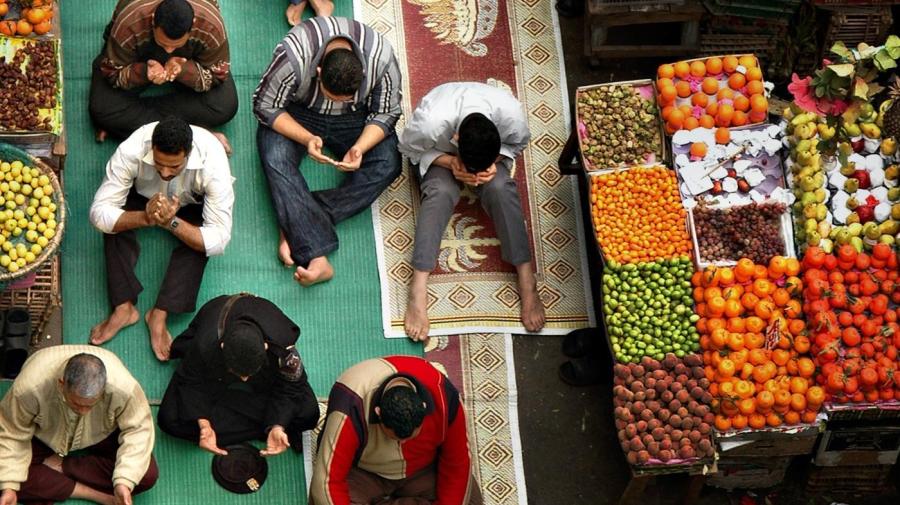Which Foods Are Forbidden to Muslims?

Pork and alcohol are the only two items expressly forbidden. The Quran, however, is somewhat open to interpretation about what other foods may or may not be permitted.
Islamic dietary restrictions are similar to the kosher laws of Judaism. There are foods that are classified as “halal,” or lawful, and those that are classified as “halam,” or unlawful. According to the Quran, blood should not be consumed as a food source. Meat must be slaughtered in accordance with Islamic standards. Foods derived from water, however, are not subject to this law. The Quran also forbids the consumption of animals that are already dead when they are found and animals that are not specifically dedicated to God. These are the two dietary restrictions of Muslim law that are somewhat subject to interpretation. Because of this, some Islamic diets include the restriction of gelatin, oils and any foods made with animal fat. Foods prepared with forbidden ingredients are also not allowed. The Islamic diet, however, calls for not only the exclusion of certain foods but also the limitation of food consumption. Despite dietary laws, the Quran does permit deviance from dietary laws when circumstances and resources provide followers with no other choice.





